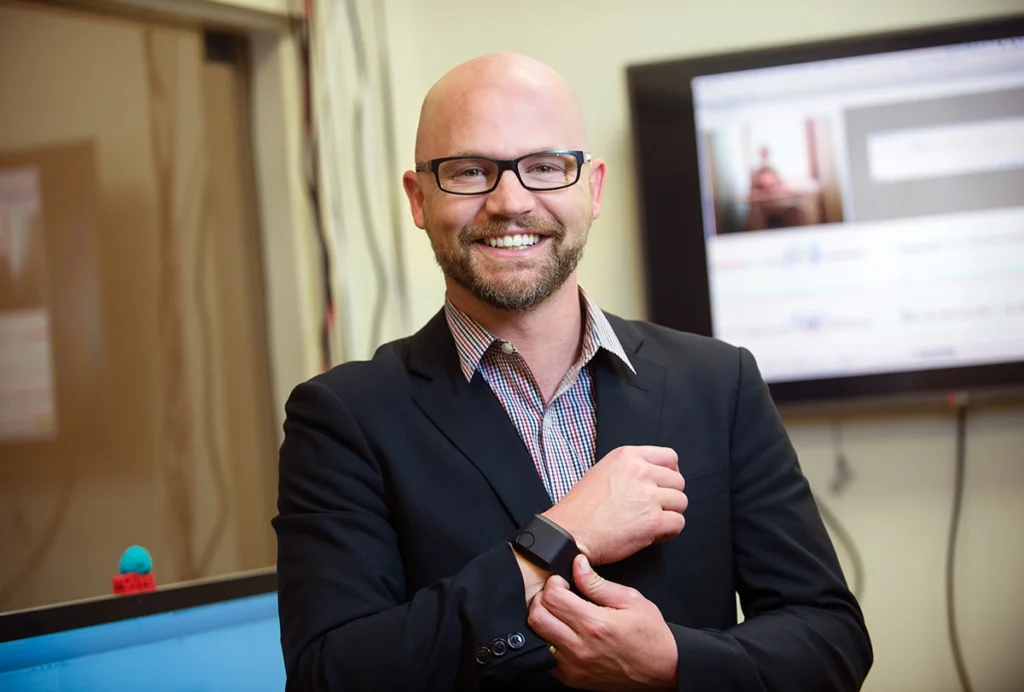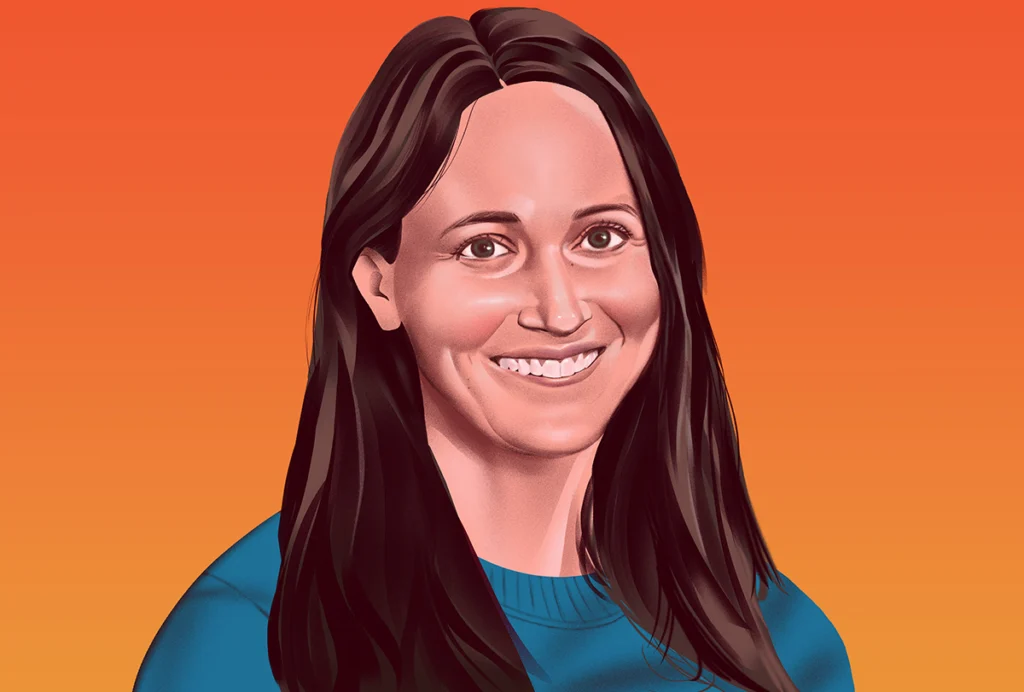Counting adults with autism
I wrote last week about Temple Grandin saying that autism ― or at least Aspergerʼs ― has always been around. She believes that many scientists and thinkers, including Albert Einstein, had autism, and others around them just thought they were nerdy.

451fdc1c-f745-04d4-7948-e827d9fcfcbc.jpg
I wrote last week about Temple Grandin saying that autism ― or at least Asperger syndrome ― has always been around. She believes that many scientists and thinkers, including Albert Einstein, had autism, and others around them just thought they were nerdy.
If she’s right, adults with autism should be all around us ― just perhaps labeled as being “weird” or misdiagnosed as having mental retardation, learning disabilities or any number of other conditions.
We’ll find out soon enough: a team of British scientists, including noted autism researcher Simon Baron-Cohen and others at the University of Leicester, this week launched a £500,000 study to calculate the number of adults with autism.
This is the first study of its kind, as far as I know. The researchers plan to interview and examine random samples of people to estimate autismʼs prevalence among adults, and report their results in 2009.
The study is also intended to help adolescents transition into adult life with a focus on mental health, social care, housing and education.
Judging by the information I can find, at least, the project is impressive in its ambitions. It is being funded jointly by the UKʼs Department of Health and the Department for Children, Schools and Families. And an autism expert will be appointed within the Department of Health to coordinate the studies.
Maybe in 2009, there will finally be numbers to counter the idea that autism is a new epidemic.
Explore more from The Transmitter

Crowdsourcing to curb aggression in autism: Q&A with Matthew Goodwin

